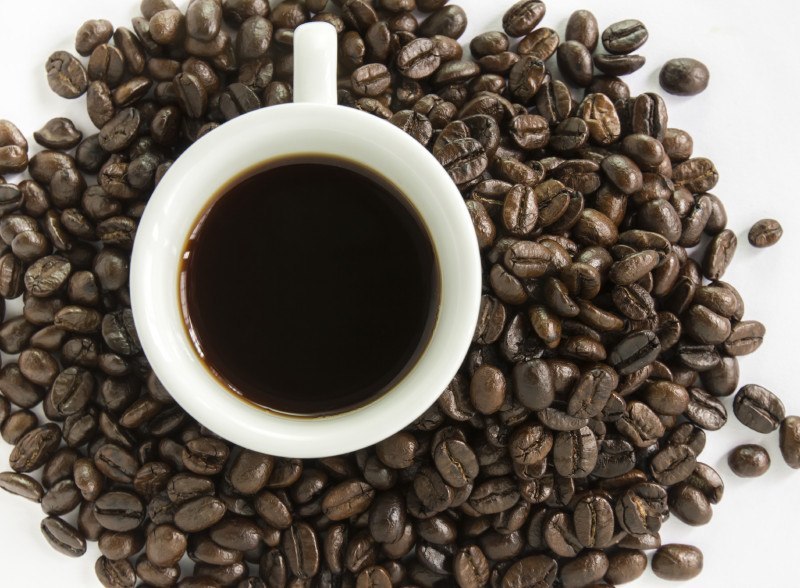You can’t get started in the morning unless you have a cup of coffee – or even worse, you get a headache if you don’t.
You hit work armed with a couple of cans of caffeine energy drinks, and that only gets you to the afternoon, where you hit a big hole unless you have a couple more.
Even when you’ve had your fix it’s hard to concentrate through the buzz. You can be jittery and irritable; you don’t sleep soundly and you know your productivity and quality of life could be better.
Sound like you?
Many of us love a good cup of coffee.
But being addicted to caffeine is a whole different ball game. The problem is that most people simply do not think of caffeine as a drug – at least not on the same level as common drugs like nicotine and alcohol, which have very high-profile side-effects.
There’s no intoxication and no smoker’s cough – yet you can get hooked on a caffeine high just as surely.
The explosion in popularity of energy drinks has brought with it an accompanying increase in the level of caffeine addiction.
After a week of use your body adapts and the receptors that interact with caffeine change in number and function. That means you have to take more and more to have the same effect – and that’s where you can travel into dangerous territory.
It is far from normal to be on a roller coaster ride of high energy to crashes and feeling strung out all the time. And that’s just on the surface.
Caffeine can be the culprit for:
- irregular heartbeat;
- high blood pressure;
- frequent headaches;
- stomach cramps, nausea and diarrhoea;
- panic attacks; and
- chronic insomnia and fatigue.
So you’ve made up your mind to cut your caffeine intake. What lies ahead?
The most common withdrawal symptom is headaches. This happens because the caffeine you have been consuming has vasoconstriction properties – in other words, it has narrowed the blood vessels in your head. Stopping or restricting the use of caffeine increases the blood pressure in the brain, bringing with it headaches and, very occasionally, nausea.
Loss of alertness and energy can also commonly be encountered coming off caffeine, and mood swings may emerge in the form of anxiety, irritability and in some cases mild depression.
It all sounds a bit daunting – but the good news is that these withdrawal symptoms don’t last any longer than a week – often just a few days. Quality of sleep is one of the first things to improve, and with more restful sleep and less caffeine in your system, the crazy fluctuations in energy levels improve, and along with that your productivity and concentration levels. There’s a very good chance you’ll become a much easier person to be around!
Where does FATIGUE reviva come into this?
There is a better way of improving your energy levels.
But if you’re someone with a caffeine addiction, simply substituting caffeine with FATIGUE reviva will not overcome your reliance. If you’re addicted to caffeine you must deal with that addiction first and foremost. FATIGUE reviva will assist your body in dealing with withdrawal symptoms by providing your body with nutritional support, but you will still have a few days of withdrawal symptoms to overcome.
Once you have overcome this, you will discover how FATIGUE reviva is the first of its generation in offering a healthy alternative to caffeine energy drinks.
Instead of lurching from one caffeine high to another, you can achieve a healthy balance to your energy levels through the use of the most advance amino acid technology available. Without the kick of caffeine energy drinks you will look back on your day and notice how productive you are becoming. And with continued use the benefits of FATIGUE reviva just continue to grow. You’ll be amazed at how much better your quality of life can be.

